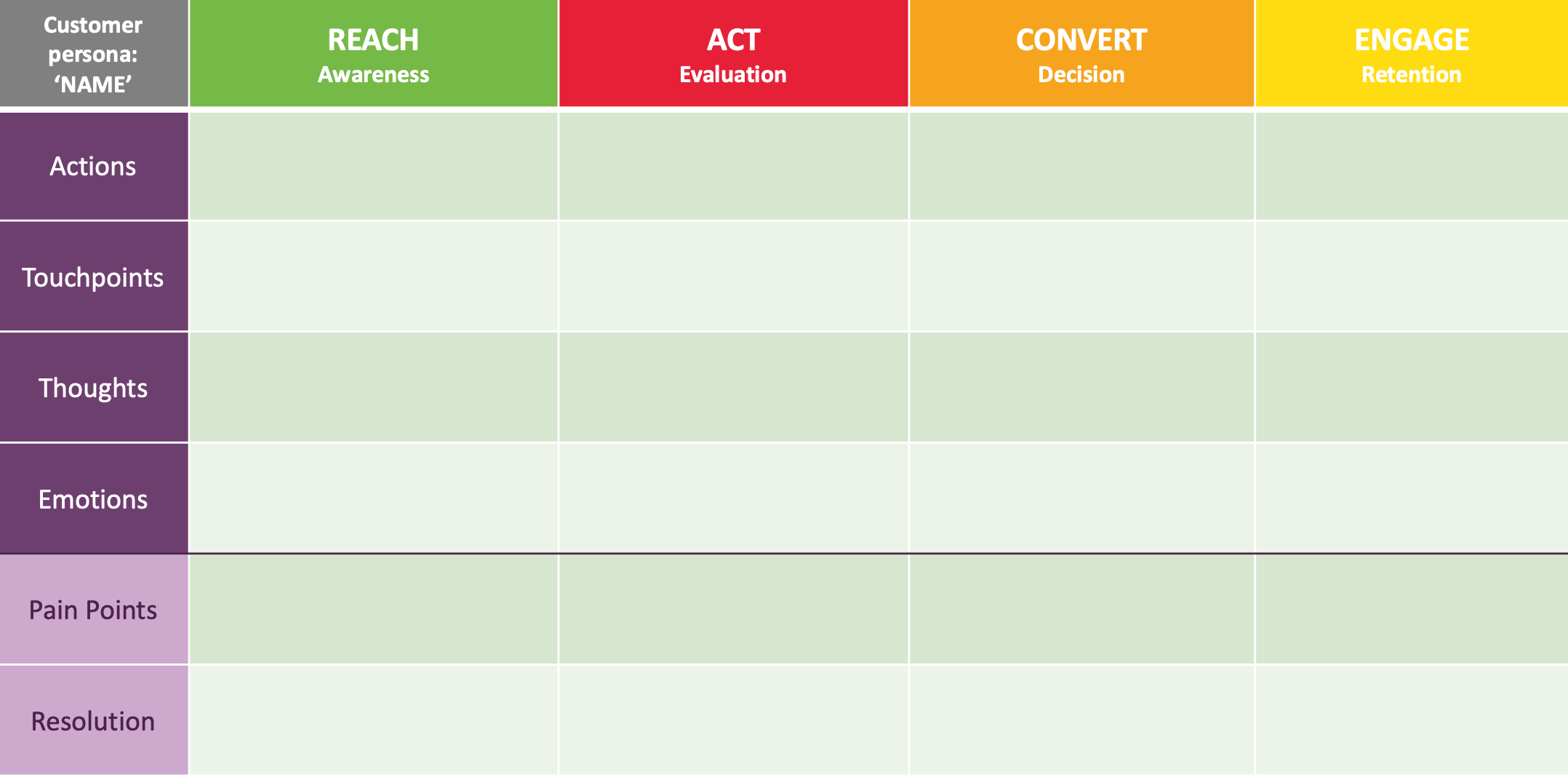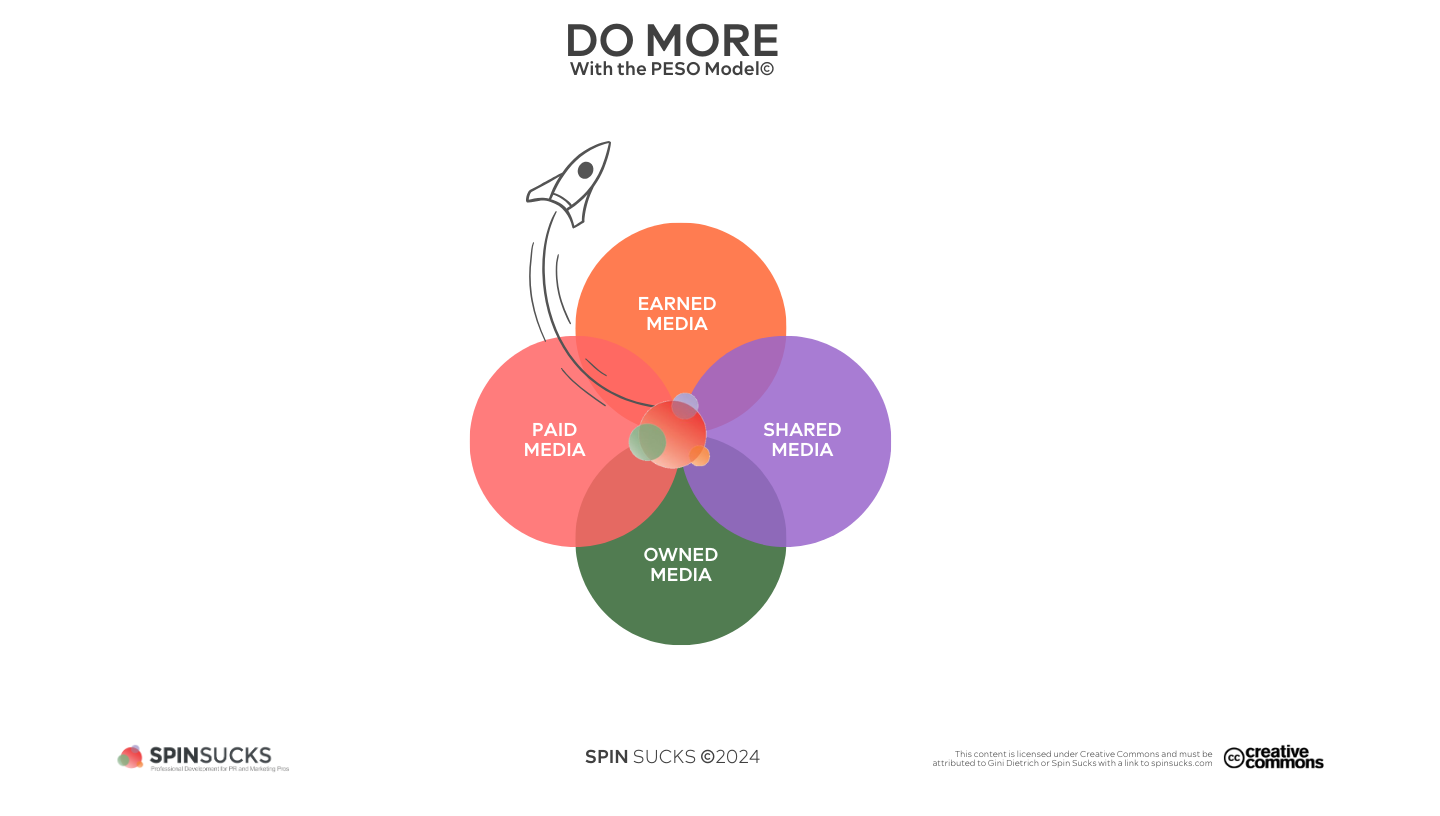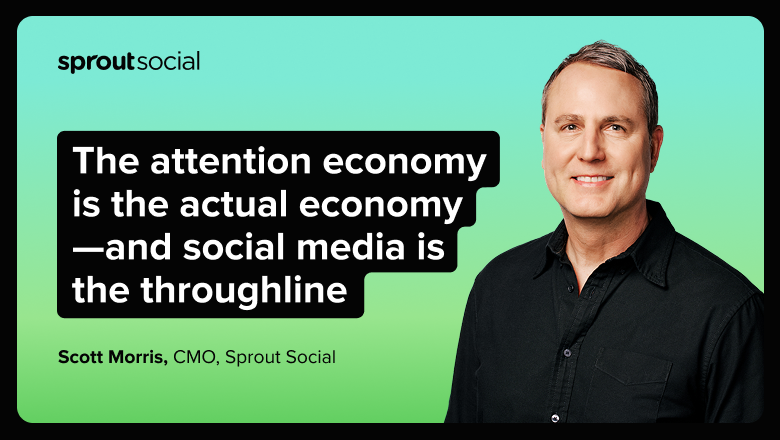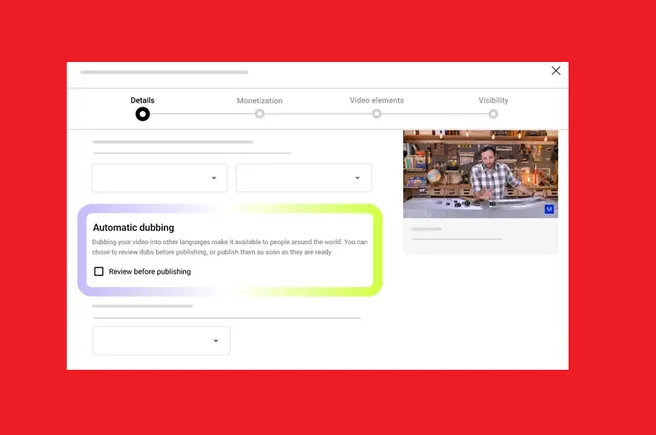GIVE FIRST
Feld is a prolific author, tech entrepreneur, early-stage investor, and co-founder of Techstars, a venture fund and startup accelerator that matches founders with experienced mentors. His book focuses on how mentorship is implemented at Techstars and how it fits into Feld’s “Give First” philosophy in business and other contexts, sharing stories that highlight the ways in which he has applied it in his life. The text presents and elaborates upon the “Techstars Mentor Manifesto” created by founder David Cohen, a set of 18 guiding principles including “be authentic,” “listen, too,” “guide, don’t control,” and “know what you don’t know.” The book is organized in four sections. “Part 1: Give First” is an overview of the concept’s meaning and origin, the author’s professional background, and how to use the book. “Part 2: Mentoring,” the longest section by far, provides a series of detailed discussions of each of the key principles in the manifesto. “Part 3: Navigating Give First” covers some of the difficulties mentors may encounter and offers advice for dealing with them, such as setting firm boundaries. Finally, in “Part 4: Entrepreneurial Tzedakah,” Feld places the practice of “Give First” within the larger context of charitable giving, calling angel investing “for-profit philanthropy.” Each chapter includes a definition and description of a specific point illustrated by anecdotes and lessons drawn from the author’s personal experience. The author defines the Give First philosophy as the “willing[ness] to put energy into a relationship or a system” without a specific expectation of reward, distinguishing it from pure altruism (where one expects no reward), “transactional” notions such as “paying it forward” or “giving back” (where one has already received something), and simply doing favors. He stresses the many ways the practice is, in fact, rewarding, even though the form of the reward may not be foreseeable. Feld’s writing is clear and direct, conveying a wealth of material in less than 150 pages. The stories taken from his experiences include frank admissions of mistakes, burnout, and bouts with depression as well as impressive successes; they are easy to relate to, even for those without tech-startup experience or hundreds of millions of dollars to throw around. The author’s guidance on mentorship, focusing on listening, empathy, honesty, being a role model, and supporting mentees (without solving their problems for them or telling them what to do) will undoubtedly be useful to coaches, managers, advisors, and other mentors in contexts far beyond Silicon Valley or Wall Street. While much of the counsel is common sense, there are a few surprises, such as the author’s flat refusal to sign on to nondisclosure agreements, which he calls “lightweight fiction,” writing, “a legal document doesn’t create trust or meaningful recourse.” Feld is a passionate and persuasive evangelist for the Give First philosophy, calling it “a guiding principle in my life” and asserting, “I strongly believe that giving without expectation of return is the most effective way to achieve many goals.”


Feld is a prolific author, tech entrepreneur, early-stage investor, and co-founder of Techstars, a venture fund and startup accelerator that matches founders with experienced mentors. His book focuses on how mentorship is implemented at Techstars and how it fits into Feld’s “Give First” philosophy in business and other contexts, sharing stories that highlight the ways in which he has applied it in his life. The text presents and elaborates upon the “Techstars Mentor Manifesto” created by founder David Cohen, a set of 18 guiding principles including “be authentic,” “listen, too,” “guide, don’t control,” and “know what you don’t know.” The book is organized in four sections. “Part 1: Give First” is an overview of the concept’s meaning and origin, the author’s professional background, and how to use the book. “Part 2: Mentoring,” the longest section by far, provides a series of detailed discussions of each of the key principles in the manifesto. “Part 3: Navigating Give First” covers some of the difficulties mentors may encounter and offers advice for dealing with them, such as setting firm boundaries. Finally, in “Part 4: Entrepreneurial Tzedakah,” Feld places the practice of “Give First” within the larger context of charitable giving, calling angel investing “for-profit philanthropy.” Each chapter includes a definition and description of a specific point illustrated by anecdotes and lessons drawn from the author’s personal experience. The author defines the Give First philosophy as the “willing[ness] to put energy into a relationship or a system” without a specific expectation of reward, distinguishing it from pure altruism (where one expects no reward), “transactional” notions such as “paying it forward” or “giving back” (where one has already received something), and simply doing favors. He stresses the many ways the practice is, in fact, rewarding, even though the form of the reward may not be foreseeable.
Feld’s writing is clear and direct, conveying a wealth of material in less than 150 pages. The stories taken from his experiences include frank admissions of mistakes, burnout, and bouts with depression as well as impressive successes; they are easy to relate to, even for those without tech-startup experience or hundreds of millions of dollars to throw around. The author’s guidance on mentorship, focusing on listening, empathy, honesty, being a role model, and supporting mentees (without solving their problems for them or telling them what to do) will undoubtedly be useful to coaches, managers, advisors, and other mentors in contexts far beyond Silicon Valley or Wall Street. While much of the counsel is common sense, there are a few surprises, such as the author’s flat refusal to sign on to nondisclosure agreements, which he calls “lightweight fiction,” writing, “a legal document doesn’t create trust or meaningful recourse.” Feld is a passionate and persuasive evangelist for the Give First philosophy, calling it “a guiding principle in my life” and asserting, “I strongly believe that giving without expectation of return is the most effective way to achieve many goals.”













_1.jpg)









![How To Drive More Conversions With Fewer Clicks [MozCon 2025 Speaker Series]](https://moz.com/images/blog/banners/Mozcon2025_SpeakerBlogHeader_1180x400_RebeccaJackson_London.png?auto=compress,format&fit=crop&dm=1750097440&s=282171eb79ac511caa72821d69580a6e#)

![Brand and SEO Sitting on a Tree: K-I-S-S-I-N-G [Mozcon 2025 Speaker Series]](https://moz.com/images/blog/banners/Mozcon2025_SpeakerBlogHeader_1180x400_LidiaInfante_London.png?auto=compress,format&fit=crop&dm=1749465874&s=56275e60eb1f4363767c42d318c4ef4a#)

























![The 11 Best Landing Page Builder Software Tools [2025]](https://www.growthmarketingpro.com/wp-content/uploads/2024/04/best-landing-page-software-hero-image-1024x618.png?#)







































![How to Create an SEO Forecast [Free Template Included] — Whiteboard Friday](https://moz.com/images/blog/banners/WBF-SEOForecasting-Blog_Header.png?auto=compress,format&fit=crop&dm=1694010279&s=318ed1d453ed4f230e8e4b50ecee5417#)




![What Is a Markup Language? [+ 7 Examples]](https://static.semrush.com/blog/uploads/media/82/c8/82c85ebca40c95d539cf4b766c9b98f8/markup-language-sm.png)














































